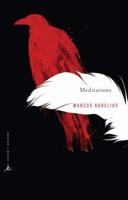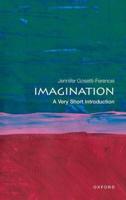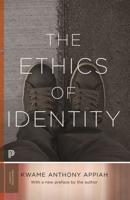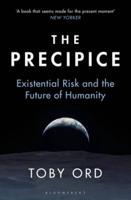Publisher's Synopsis
Kant's political thought can be summarized as republican government and international organization. "In more characteristically Kantian terms, it is doctrine of the state based upon the law (Rechtsstaat) and of eternal peace. Indeed, in each of these formulations, both terms express the same idea: that of legal constitution or of 'peace through law'. Taken simply by itself, Kant's political philosophy, being essentially a legal doctrine, rejects by definition the opposition between moral education and the play of passions as alternate foundations for social life. The state is defined as the union of men under law. The state rightly so called is constituted by laws which are necessary a priori because they flow from the very concept of law. A regime can be judged by no other criteria nor be assigned any other functions, than those proper to the lawful order as such." He opposed "democracy," which at his time meant direct democracy, believing that majority rule posed a threat to individual liberty. He stated, "...democracy is, properly speaking, necessarily a despotism, because it establishes an executive power in which 'all' decide for or even against one who does not agree; that is, 'all, ' who are not quite all, decide, and this is a contradiction of the general will with itself and with freedom." As with most writers at the time, he distinguished three forms of government i.e. democracy, aristocracy, and monarchy with mixed government as the most ideal form of it.









